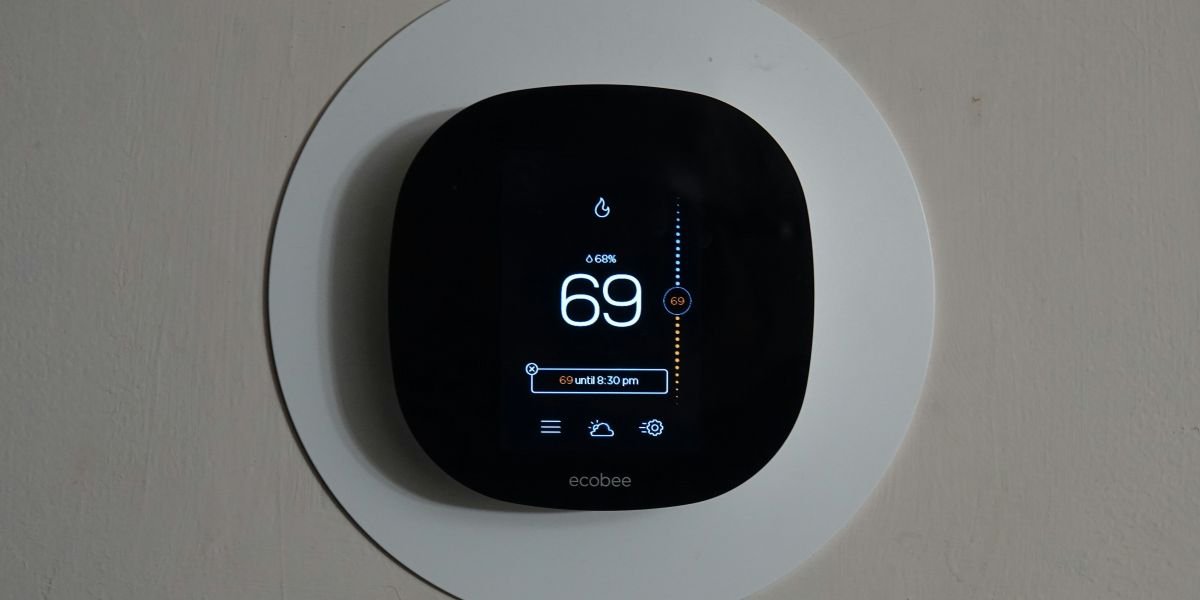Incontinence is a significant contributor to sleep difficulties. Multiple studies have established a close relationship between urinary incontinence and sleep disturbances, especially among people with chronically overactive bladders.
Ongoing concerns about experiencing accidents at night can lead to multiple awakenings, interrupting your ability to achieve longer periods of sleep. These interruptions can contribute to heightened anxiety, which may exacerbate an already challenging condition.
In addition to anxiety, incontinence-related issues, such as frequent urination, can further disrupt your ability to sleep soundly.
Thankfully, the wellness industry offers a variety of products to manage urinary incontinence. These include adult diapers, pull-on briefs, booster pads, and bed pads.
The first three products are wearables, making them particularly suited for daytime use. For overnight protection from incontinence-related leaks, high-quality bed pads are often a more effective solution.
Here are five ways bed pads may help promote better sleep.
1. Bed Pads Help Improve Nighttime Hygiene
Bed pads are crafted using moisture-wicking materials that help keep you dry throughout the night. While there are various options available, superabsorbent polymers (SAPs) are commonly used in bed pad absorbency cores.
SAPs can absorb up to 1000 times their weight in water and retain fluids under significant pressure. This material absorbs urinary discharge, transforming it into a gel-like substance, which helps prevent leakage onto the bedding underneath.
By using an adult bed pads, you can improve your nighttime hygiene by drawing urine away from your skin, leaving you feeling drier, fresher, and more confident when you wake up.
Using a bed pad also reduces the frequency of nighttime diaper changes. With dry skin and fewer overnight changes, your sleep quality is likely to improve.
2. Bed Pads May Promote Skin Health
Skin irritation can be a significant cause of sleep disturbances. The persistent urge to scratch itchy areas can lead to frequent awakenings, making it difficult to return to a restful sleep state.
While bed pads may not resolve itchiness caused by underlying dermatological conditions, they can help prevent skin irritation caused by urinary discharge.
These pads are particularly useful in preventing pressure sores, a common issue for older adults with incontinence. Their superabsorbent layers absorb urine and quickly move it away from the skin. Bed pads also provide an additional layer between your skin and your bedding, which helps distribute pressure and may minimize the development of pressure sores.
To enhance the skin-friendly properties of bed pads, look for options made from hypoallergenic fibers, especially if you have sensitive skin.
3. Bed Pads May Reduce Incontinence Anxiety
Anxiety often triggers a cycle that can result in significant sleep disruption.
As mentioned, much urinary stress results from the fear of soiling your bedding overnight. These worries have a way of peaking around bedtime, increasing sleep onset time. Intense nervousness may also cause sleep fragmentation.
For people with underlying anxiety issues like post-traumatic stress disorder (PTSD), frequent sleep interruptions due to an overactive bladder can create a ripple effect on their daytime productivity.
Furthermore, anxiety can lead to muscle tension. When the pelvic floor muscles tighten, this may result in urine leakage.
By using bed pads, the constant fear of accidents at night can be reduced. This may lead to more restful sleep, improving overall well-being.
4. Bed Pads Protect Your Bedding
Incontinence-related anxiety isn’t only driven by the fear of bedwetting; it can also stem from concerns about cleaning and drying bedding each morning.
Bed pads help protect your bedding from urine damage, saving you time and energy spent on laundry each day.
These pads lock in urinary discharge before it can seep into the bedding beneath. With their waterproof construction, they provide an additional barrier, keeping your sheets clean and fresh.
To get the ideal results, it’s important to ensure the bed pad fits properly and is used according to the manufacturer’s instructions.
A good practice is to place the bed pad beneath the top sheet, which helps prevent skin irritation (often associated with certain brands) while keeping the rest of your bedding dry. In the event that cleaning is needed the next morning, you’ll only need to wash the top sheet.
5. Bed Pads Are Often Reliable and Durable
While bed pads may come at a relatively high initial cost, they tend to offer significant value in the long run due to their durability.
Many high-quality bed pads can last for up to five years before their absorbent core shows signs of wear. This helps address concerns about the frequent need for replacements.
With proper care, bed pads can last even longer.
Most bed pads are machine-washable and can withstand multiple uses before they need to be replaced. Simply follow the care instructions and air-dry the pad as directed.
Thanks to their efficiency, bed pads can reduce the need for other incontinence wearables while you sleep. As a result, you can sleep more comfortably without having to wear adult diapers or booster pads overnight.
Wrap Up
Bed pads help protect your mattress and bedding from moisture caused by accidental leaks overnight. They serve as a valuable complement to incontinence wearables like adult diapers.
Investing in a high-quality bed pad can lead to improved sleep by alleviating anxiety and minimizing skin irritation. Additionally, these pads can reduce the need for frequent nighttime changes.
When selecting the ideal bed pads, consider options with super-absorbent fibers such as SAPs. Depending on your specific needs, you may choose between disposable and reusable versions. Other important factors to keep in mind include size, color, and hypoallergenic properties.
Disclaimer: The information provided in this article is intended for general informational purposes only and is not intended to replace professional medical advice, diagnosis, or treatment. Always seek the advice of your physician or another qualified healthcare provider with any questions you may have regarding a medical condition. Never disregard professional medical advice or delay in seeking it because of something you have read in this article.










